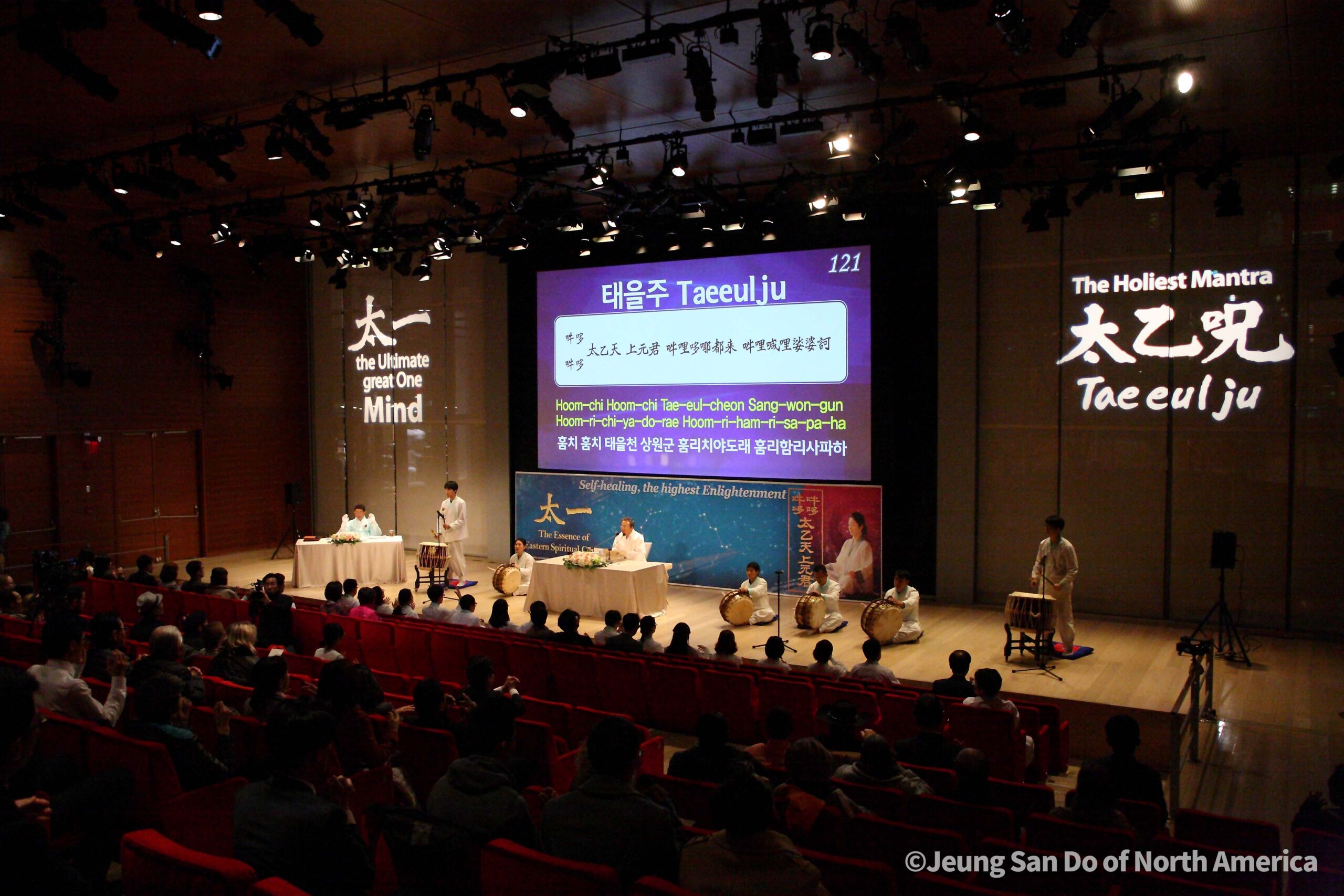The world is abuzz about the latest Korean drama, Squid Game. Millions around the world are singing and dancing to BTS’s mega hits “Butter” and “Permission to Dance.” Korean movies, TV dramas, pop groups, women’s makeup styles, and other expressions of Korean culture have gained global recognition.
Due to this popularity of Korean culture, termed hallyu (“Korean wave”), many Korean words have entered the English language. In fact, in September 2021, the Oxford English Dictionary added 26 new Korean words to its latest edition.
Interestingly, the OED describes hallyu as “the increase in international interest in South Korea and its popular culture, represented by the global success of South Korean music, film, TV, fashion and food.”
Words of Korean Origin Added to the OED in the September 2021 Update (A Selection from the 26 New Entries)
aegyo – A certain kind of cuteness or charm considered characteristically Korean.
banchan – A small side dish of vegetables, etc., served with rice as part of a typical Korean meal.
bulgogi – A dish of thin slices of beef or pork which are marinated then grilled or stirfried.
daebak – An interjection expressing enthusiastic approval, used in a similar way to ‘fantastic!’ or ‘amazing!’
galbi – A dish of beef short ribs, usually marinated in soy sauce, garlic, and sugar, and sometimes cooked on a grill at the table.
hanbok – The traditional Korean costume worn by both men and women.
Hangul – The name of the Korean alphabet.
japchae – A dish consisting of cellophane noodles made from sweet potato starch, stirfried with vegetables and other ingredients, and typically seasoned with soy sauce and sesame oil.
K-drama – A television series in the Korean language and produced in South Korea.
kimbap – A Korean dish consisting of cooked rice and other ingredients wrapped in a sheet of seaweed and cut into bite-sized slices.
oppa – Used by a female speaker to address or refer to her older brother, older male friend, or boyfriend.
samgyeopsal – A Korean dish of thinly sliced pork belly, usually served raw to be cooked by the diner on a tabletop grill.
unni – Used by a female speaker to address or refer to her older sister or older female friend.

